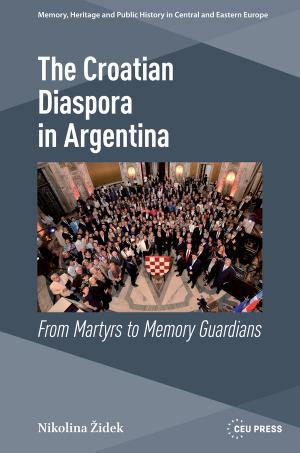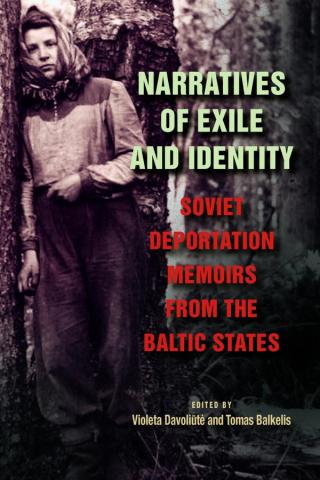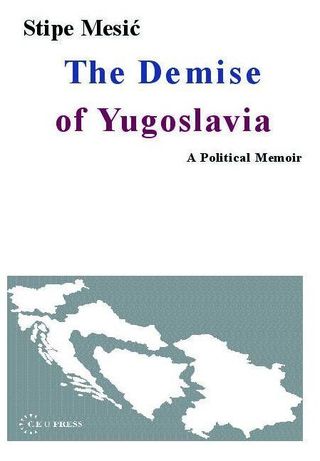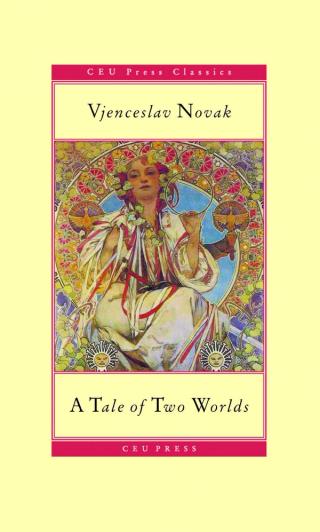Following the collapse of the fascist Independent State of Croatia (1941–1945), around 10,000 political émigrés fled to Perón’s Argentina. This study traces the Croatian diaspora’s evolution from its founding to the present. Initially marked by trauma—military defeat, exile, and reprisals—the community redefined its identity within Cold War geopolitics, first as victims of communism, later as champions of democracy. For decades, it viewed itself as guardian of the Croatian national cause. The establishment of independent Croatia in 1991 challenged this role, prompting reflection on whether to remain diaspora Croats or reintegrate into the homeland.
Drawing on archival research and oral testimonies, Nikolina .idek explores how intergenerational memory shaped identity across time. She shows how the community preserved its origins while adapting to new realities, ultimately transforming into “planetary Croats” who use social media and transnational networks to connect with Croatia and the global diaspora.






